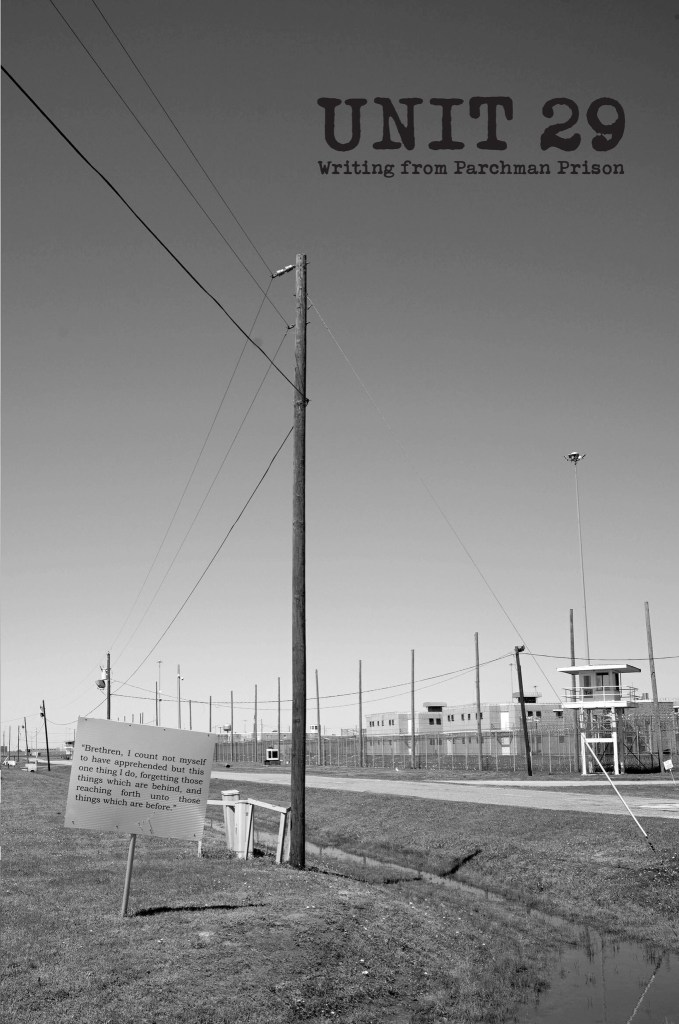‘Unit 29’ features writings from 30 prisoners
Published 1:30 pm Friday, December 13, 2024
VOX PRESS, recently released a collection of prison writings, “Unit 29: Writing from Parchman Prison,” a culmination of three years of working with incarcerated students through VOX’s prison outreach program, Prison Writes Initiative.
The collection is comprised of writings from over 30 inmates housed in Unit 29 at Mississippi State Penitentiary (Parchman Farm).
The book delves into the aftereffects of the infamous riots in Unit 29 from December 2019 through April of 2020, and how those housed there deal with the conditions of trying to live in one of the country’s most notorious prison facilities.
Trending
VOX PRESS is a nonprofit arts organization based in Oxford. Its mission is to encourage, promote, and provide opportunities for the creation and public presentation of literature, art, and other creative works by individuals and groups traditionally neglected by the mainstream publishing industry, the academy, and other public venues and institutions.
Over the last ten years, three volumes of Mississippi inmate writing have been published through VOX.
The explicit purpose of VOX Publishing and the Prison Writes Initiative is to provide a voice for the unheard and to publish marginalized writers.
Mississippi State Penitentiary, also known as Parchman Farm, is 20,000 acres with deep roots in American slavery. Originally a plantation, in the early 1900s Parchman got its beginnings functioning as a prison farm utilizing inmates for hard labor.
Today, it consists of mostly open fields, a few trees, ponds and seven different housing units.
The prison is located in the Mississippi delta region of Sunflower County on a desolate stretch of Highway 49. The book’s focus, Unit 29, is the largest unit of Parchman.
Trending
It is surrounded by high razor-wired chain-link fences and four guard towers. Bourgeois describes the inside as chaotic, consisting of ten-tiered zones with a caged-in prison yard. The cells are dirty and there is a constant smell of marijuana, tobacco, and a general air of smoke.
It is never silent, with the TV’s bolted to a center pillar always blaring and inmates shouting at each other across from their cells.
Many wrote about their living conditions including floods, random fires, leaking ceilings, showers three times a week, and no air conditioning and minimal heating.
Some wrote about their time in solitary confinement, commonly known as “the hole.” Solitary confinement is meant for discipline and to break people down. Most days are spent entirely in a cell, with three days available to go to the yard. Many convicts in long-term segregation have digestive problems due to the food, dehydration, and lack of physical activity.
The food is in small portions and cold. Most convicts lose considerable amounts of weight as well. Excess and long-term solitary confinement is extremely damaging to the body and mind, which is reflected in some of the writing in the book.
“Unit 29: Writing from Parchman Prison, is available at VOX Books, at www.voxpress.org , on Amazon, and selected book stores.
P.B. Jernigan contributed to this story.






